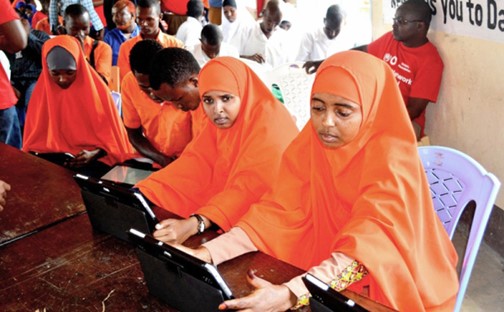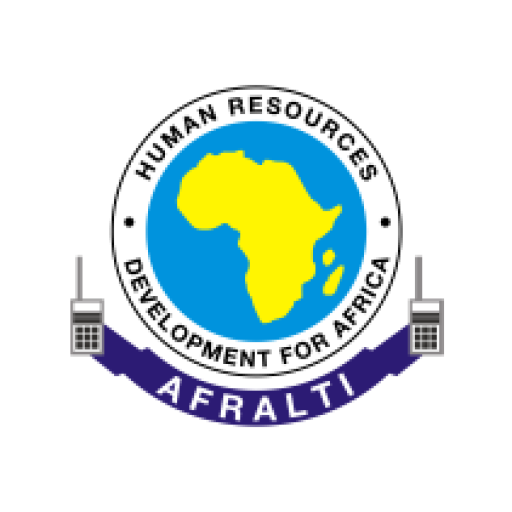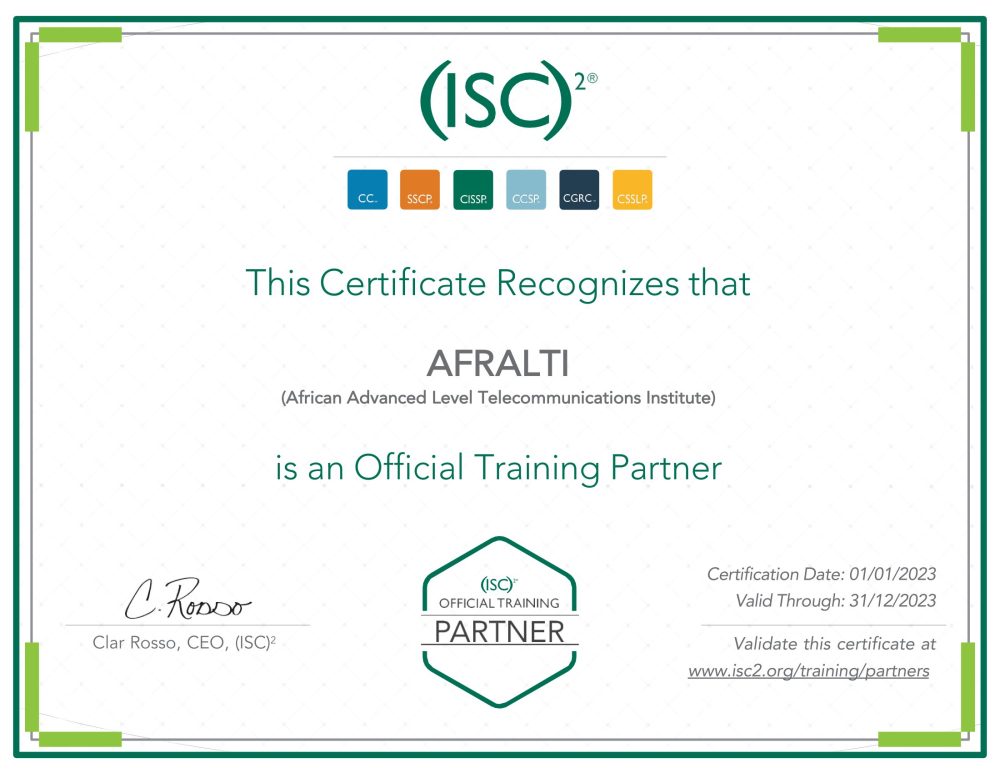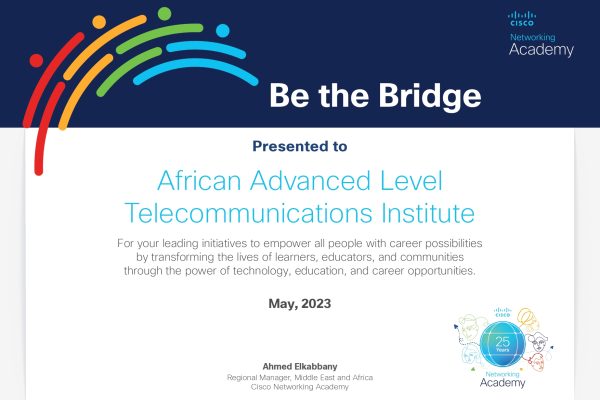
Digital Skills Training and Creation of Viable Market Linkages in Dadaab
Breathtaking developments in new digital technologies are re-shaping economies and nations. Examples of these are 5G wireless communications, smartphones, mobile computing, quantum computing, cloud storage, big data, Artificial Intelligence (AI), blockchain, virtual/augmented reality, Internet of Things (IoT) and the Industrial Internet of Things. These technologies, in particular through the use of big data and AI, will drive advances in physical and biological technologies, in areas such as 3-D printing, new materials, energy conversion and storage, biotechnology and advanced robotics.
The convergence of multiple technologies will radically transform the organization of economies and how people live and work. It also holds the promise to address Africa’s pressing economic and social development challenges.
It’s in this regard that the Norwegian Refugee Council (NRC) and International Trade Centre (ITC) in Kenya is working in partnership with the African Advanced Level Telecommunications Institute (AFRALTI) to build capacity among the refugee community in Dadaab Kenya on delivery of digital skills training and creation of viable market linkages.
The program seeks to enhance the self-reliance of refugees and host communities in Garissa, Dadaab and Fafi Sub Counties this being part of Area Based Livelihoods Initiative – Garissa (ABLI-G) which is a three-year project that commenced in April 2020, funded by the European Union (EU) Trust Fund, implemented by NRC, DRC, and ITC, for Stability and addressing the root causes of irregular migration and displaced persons in Africa (EUTF).
By the end of the program, beneficiaries are expected to have improved and diversified skills and competencies that support opportunities for income generation and saving, resulting in increased absorptive resilience for both the refugees and the host communities.


